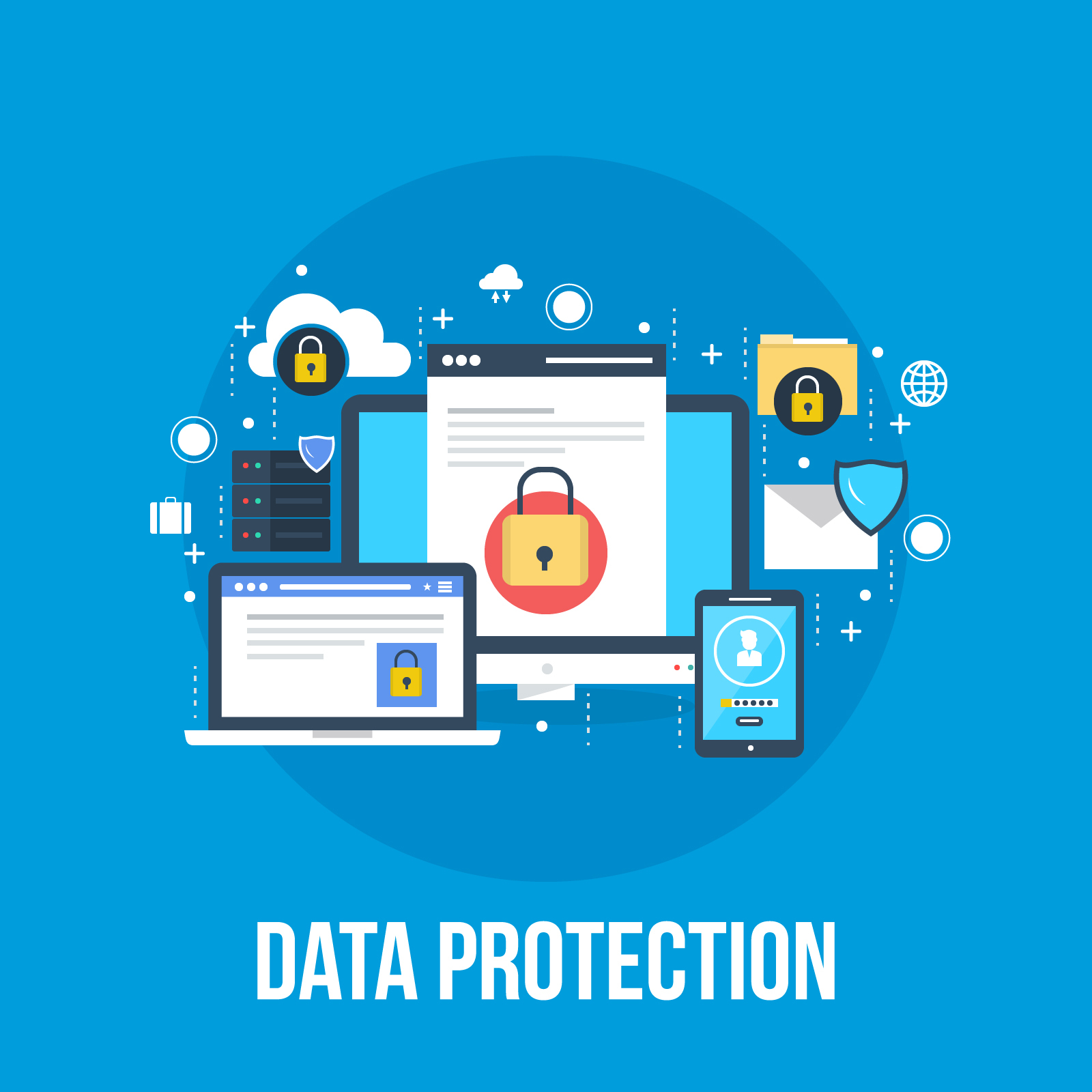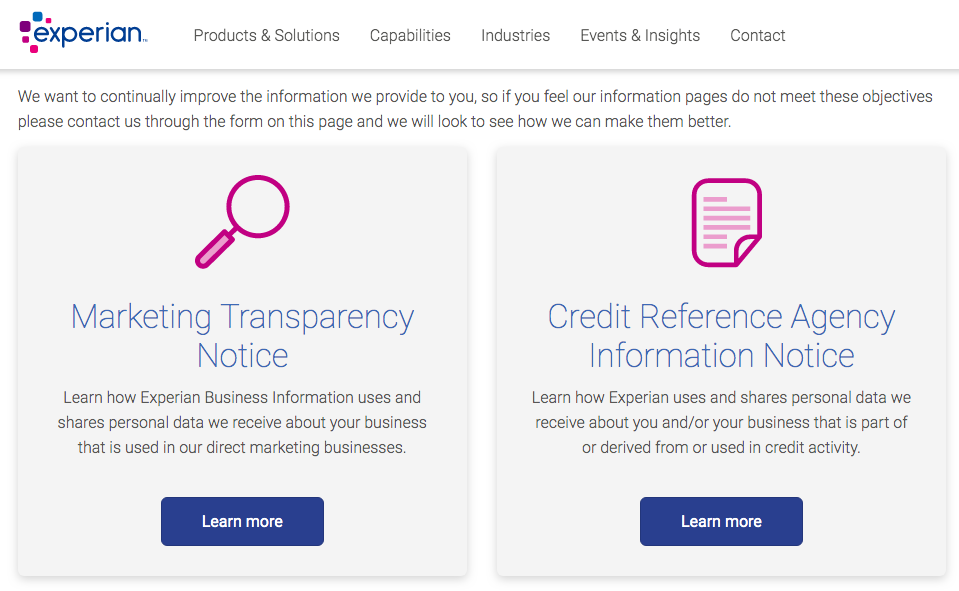How the Growing Emphasis on Privacy Will Affect Marketing Techniques

If you’re involved in the marketing world, or really any aspect of today’s digital landscape, you’ve likely heard people discuss the “privacy paradox.”
Essentially, the term encompasses the contradiction that consumers say they want more privacy, but they also request more personalization and access to individualized products and services. From an advertising and development perspective, it’s difficult to handle both of these requests without one inhibiting the other. We need to know more about our consumers than ever to craft a personalized experience, and yet privacy protection is equally as important to most.
Generally, the job of any marketing team is predominantly to gather information about their target audience, then reach them in the best manner possible. How can marketers do this when privacy policies and demands for data protection are growing every day?
Marketing Teams Will Need to Openly Discuss Privacy
According to Accenture’s research from 2018, over half of the 7,000 companies surveyed experienced a “material drop in trust” at some point in the past two and a half years. Conservatively, this has contributed to more than $104 billion in lost revenue.
The bottom line is that many consumers are losing trust in big corporations, as well as some small ones. Incidents like the Facebook-Cambridge Analytica scandal have left people hesitant to share their information, but also at a loss as to how to protect it. As a result, many customers simply don’t trust brands to have their best interests at heart in today’s world.
That’s why, in the future, it will become more important than ever for brands to prove their trustworthiness by openly talking about consumer privacy and safety. When a shopper visits an online store, they want to know that it’s 100 percent secure and respectful of their data. It’s up to brands to highlight their privacy policies, data protection and respect for consumers — and not just in the fine print of their agreement documents.
For example, there’s been some skepticism about Google’s use of customer and businesses’ data. That’s why they’ve come out with statements on data security and investments in businesses’ privacy. You can peruse an entire section of Google’s website to learn about their defense strategies, custom security hardware and interactions with the government in relation to your data.

Image Source: Google
As technology continues to progress and more of our lives become digitalized, marketing teams will need to highlight privacy protection more and more. There needs to be an open conversation about the importance of consumer privacy, and that conversation needs to start with brands.
Data Transparency Is the New Thing
To some extent, all consumers acknowledge that marketers are obtaining information about them to better their advertising and communication tactics. No matter how much we value privacy, there needs to be some level of consumer data available to companies so they can grow and evolve.
However, this data needs to be used in a clear, respectful manner. Consumers and businesses need to understand why corporations need their information and what they will do with it. The job of the explanation will come to fall on marketers in the future, especially in companies that are working hard to personalize experiences.
A great example of this B2B transparency comes from Experian. In the wake of the Equifax data breach, the other credit bureaus have stepped up to talk more about marketing transparency and the safe use of business data.

Image Source: Experian
Not only does Experian promise that business’ information will be safe, but it gives great detail on how the information will be used in relation to their marketing efforts.
Just because consumers are thinking about their privacy more doesn’t mean they’re totally unwilling to provide relevant information for data-driven marketing.
In fact, up to 90 percent of consumers are willing to share their behavioral data if additional benefits are provided to make the buying process easier or cheaper. More often than not, it’s about how the data is used to make positive changes, not about the specific data points that are actually collected.
Personalized Privacy for Consumers
Different consumers are comfortable with different levels of privacy. Some consumers think those super-targeted ads on social media are creepy and a little too spot-on. Others find a high level of personalization helpful as they look for recommended products and new services that apply to their needs.
That’s why marketers are going to need to focus on personalized privacy levels for every kind of customer. For example, look at what happened with Facebook over the past year. In the wake of the privacy violations, roughly 74 percent of adult Facebook users either adjusted their privacy settings, took a break from the site or deleted the app from their phones altogether.
In a world where everything is digitalized, it pays to give consumers some level of control over how corporations use and view their data. Whether you’re running a marketing website or a SaaS platform, think about personalizing your privacy settings to fit the needs of every kind of individual.
The Takeaway
People aren’t going to automatically assume that your brand has their best interests at heart; they might even think the opposite. In the wake of the recent data breaches in a variety of industries, people are hesitant to share their information, and yet they still want increased levels of personalization.
They’re torn between the two, and in the coming years, it will be up to marketers to show consumers how privacy and personalization can coexist.
By emphasizing their dedication to customer privacy and protection, being transparent about data usage and offering more privacy options, companies can pave a path of trust with consumers. Companies won’t have to totally sacrifice their personalized marketing efforts, and consumers will still feel secure and respected.
Jaykishan Panchal
Jaykishan Panchal is an SEO & Content Marketing Manager at E2M Solutions Inc. Implementing cutting edge SEO strategies to help businesses strengthen their online presence is his forte. Apart from helping small and big businesses, he loves to jot down valuable resources for Entrepreneurs, Start Ups, Technology Geeks...





